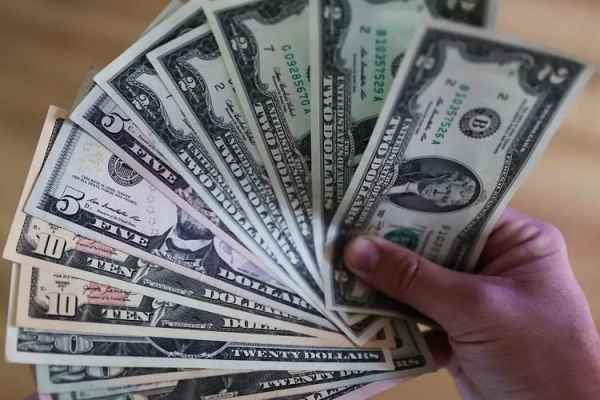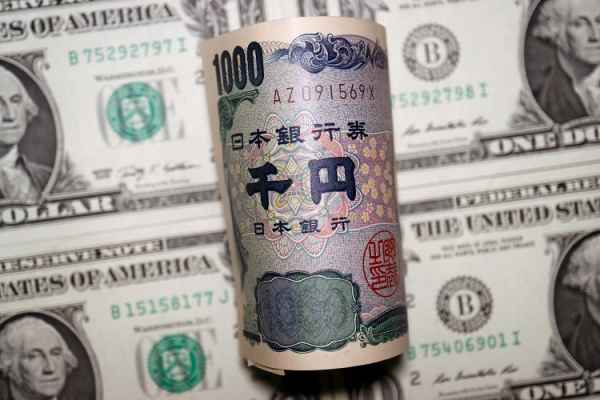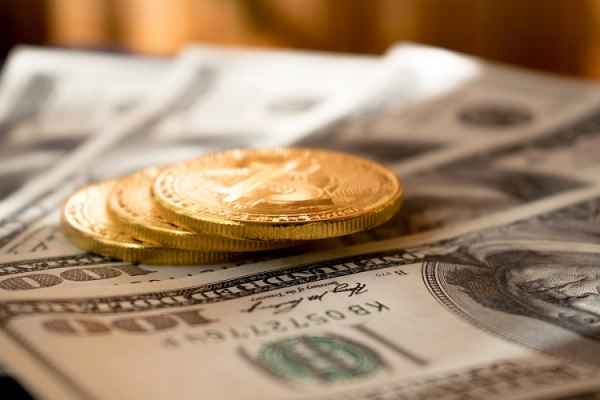The Bank of Japan (BoJ) is likely to end its negative interest rate policy in the near future, but then will not raise interest rates again.
The yen has been battered over the past two days, as a statement by a Bank of Japan (BoJ) official widened Japan's interest rate expectation gap with other majors. USD/JPY soared to a year high of 149.50 in New York session trading on Friday (9/February). GBP/JPY and EUR/JPY also climbed.

BoJ Deputy Governor Shinichi Uchida admitted yesterday that service sector prices are rising, and more companies are raising employee wages. This situation suggests it is time for the BoJ to end its monetary stimulus.
Uchida said that the central bank will likely end its stimulus program but will not raise interest rates quickly while implementing policy tightening. When the BoJ ends its negative interest rate policy, it will raise interest rates by only 0.1%.
"Even if the BoJ ends its negative interest rate policy, it is hard to imagine a path where the BoJ would then continue to raise interest rates rapidly," Uchida said.
When asked whether the BoJ would not raise interest rates again after ending the negative interest rate policy, Uchida quipped, "The future path of interest rates will depend on future developments in the economy and prices."
Uchida's statement confirms market expectations of the BoJ normalizing interest rates from -0.1% to 0% in the near future -between March and April. However, the policy change is unlikely to be followed by further rate hikes, thus not supporting Japan's interest rate competitiveness versus other majors.
Most market participants now expect the Bank of England and the Federal Reserve to keep interest rates at record highs until May or June. Meanwhile, the central banks of Australia and New Zealand have the potential to raise interest rates again. This means Japan's interest rates will still be much lower, and the market remains inclined to keep funds in non-yen-denominated assets.

 Dedicated FREE FOREX VPS
Dedicated FREE FOREX VPS Free FOREX Virtual Private Server
Free FOREX Virtual Private Server MT4 Demo Contest, Get $500
MT4 Demo Contest, Get $500 Sign Up for an Account, Claim 60% Deposit Bonus
Sign Up for an Account, Claim 60% Deposit Bonus Free MT4/MT5 VPS 2024
Free MT4/MT5 VPS 2024 Send E-mail and Get Free Merchandise
Send E-mail and Get Free Merchandise $1K Refer a Friend Bonus for Pepperstone Pro clients
$1K Refer a Friend Bonus for Pepperstone Pro clients Maximize Your Earnings with 100% Deposit bonus
Maximize Your Earnings with 100% Deposit bonus Trade to Win, $5,000 Monthly Demo Contest
Trade to Win, $5,000 Monthly Demo Contest Claim 30% + 15% Deposit Bonus from LiteFinance
Claim 30% + 15% Deposit Bonus from LiteFinance






